Ravel - l'exotique
From neighbouring Spain to the Orient, passing by eastern lands, the second big wave of exoticism which reached its summit between the end of the 19th and beginning of the 20th century, unquestionably stimulated by numerous universal exhibitions organised in Europe, greatly infl uenced the writing of occidental composers in search of a new language, including many french composers, thirsty for new sonorities and looking to leave the academism of the past behind them. For Maurice Ravel who, excepting his one and only tour to the United States, had never undertaken a long journey to a far-away country, preferring to stay at home surrounded by small trinkets, most of which only held any value for their owner, finding inspiration in music from other countries or in literature which evoked unknown lands in a new aesthetic was not only a way of escaping the real world but also of creating his own universe, inhabited by imaginary characters where the "swiss clockmaker" could control everything, as he did with the cut-out stars in the shutters at his house in Monfort-L'Amaury which served to recreate a starlit night when the master, a victim of insomnia, managed to catch a few minutes of sleep in the middle of the day…
Reviews on... -> ConcertClassic.com - Musique classique & Co - ClassiqueNews - Pizzicato - Forum Opéra - Classique HD - France Catholique - ResMusica - ENA - Lex News - Utmisol - Lexnews - ConcertoNet
Shéhérazade
Introduction et allegro
Trois poèmes de Stéphane Mallarmé
Tzigane, Rapsodie de concert
Rapsodie espagnole
Ensemble Musica Nigella
Takénori Némoto, conductor and transcription
Marie Lenormand, mezzo-soprano
Pablo Schatzman, violin
Iris Torossian, harp
























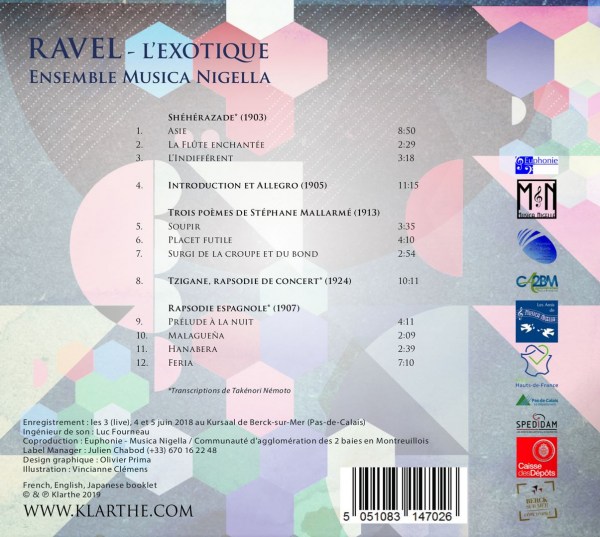


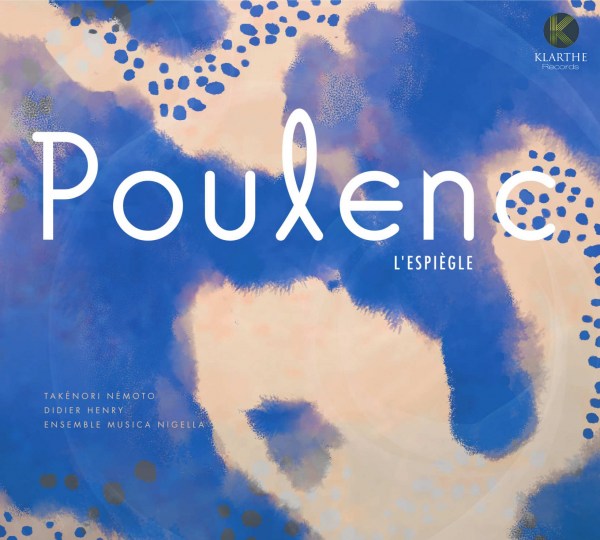 Poulenc, l'espiègle
Poulenc, l'espiègle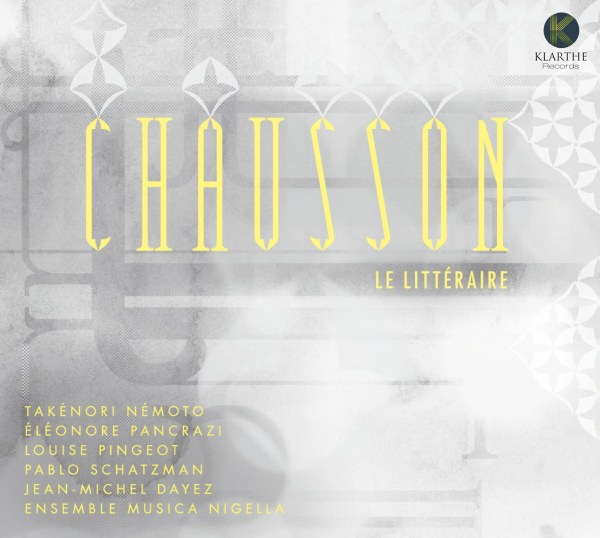 Chausson - Le littéraire
Chausson - Le littéraire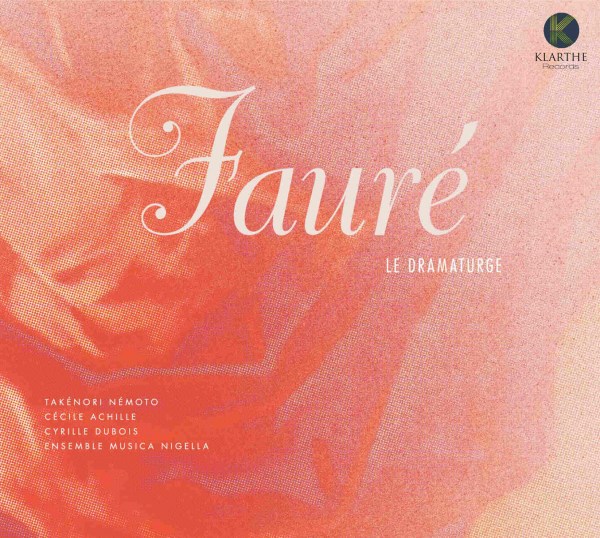 Fauré le dramaturge
Fauré le dramaturge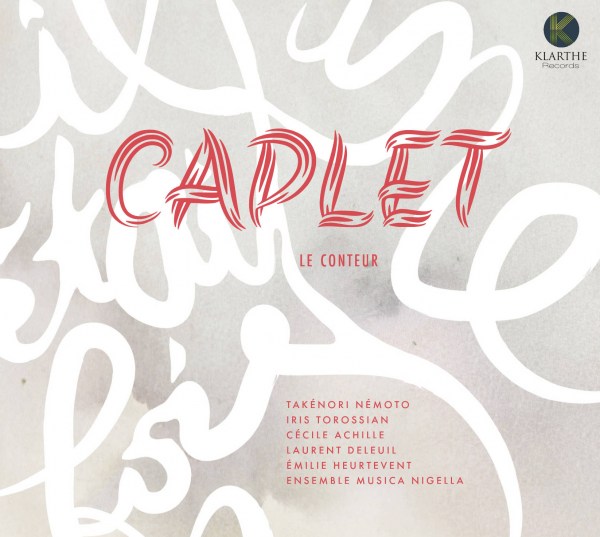 Caplet le conteur
Caplet le conteur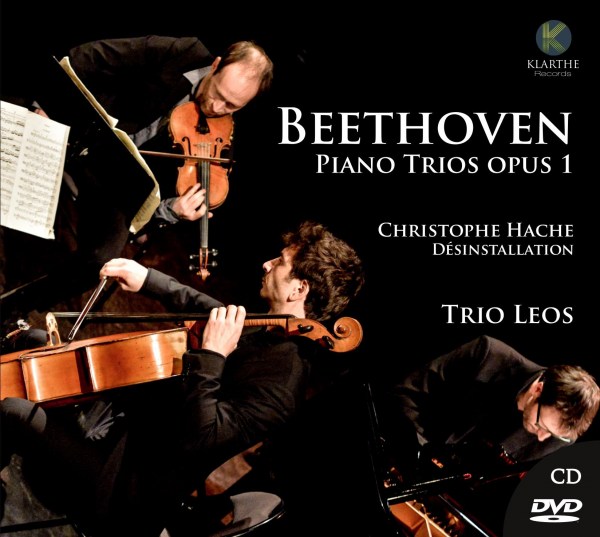 Beethoven
Beethoven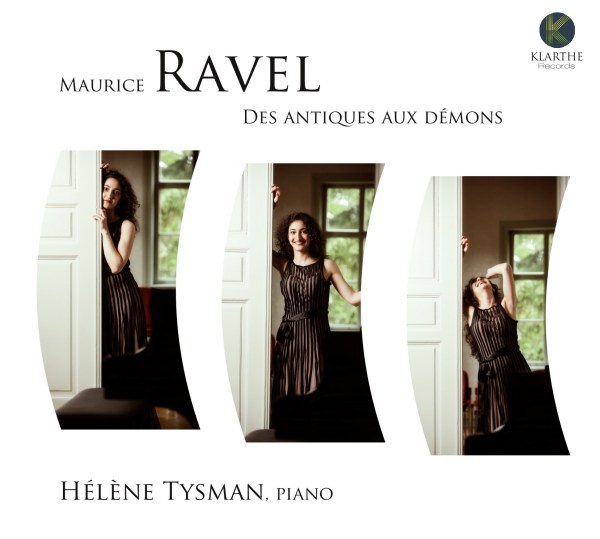 Des antiques aux démons
Des antiques aux démons